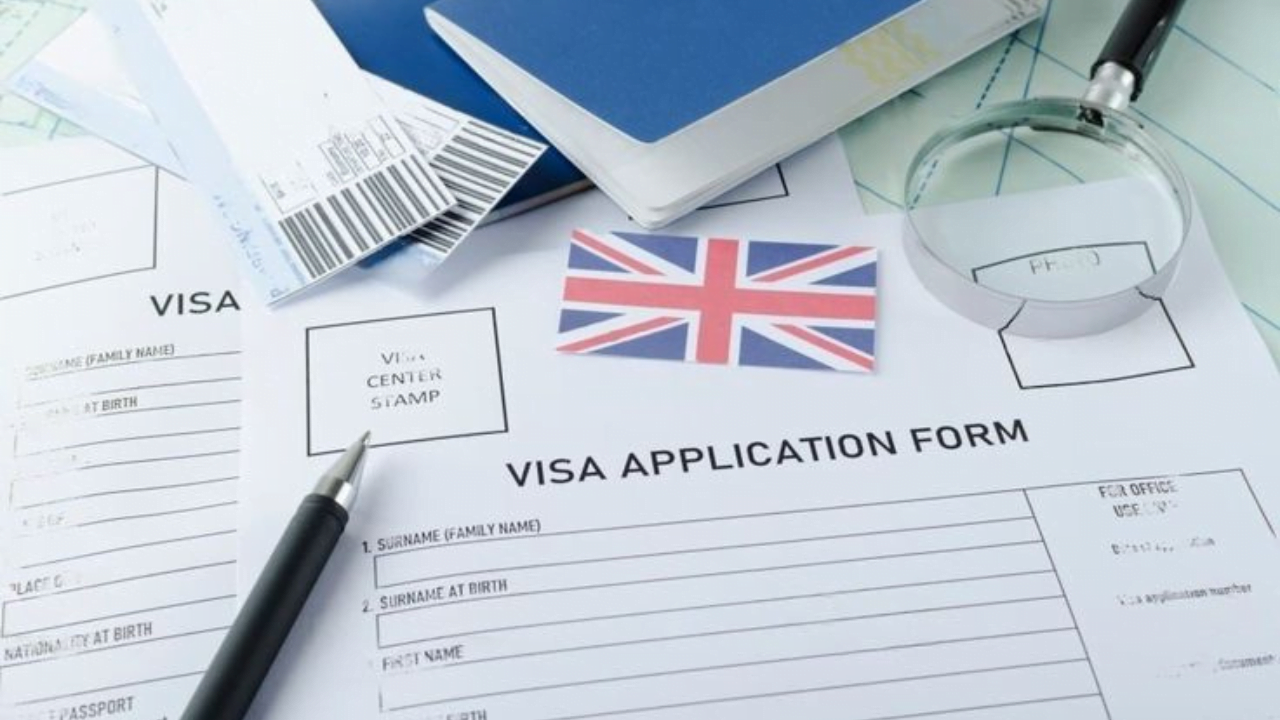The United Kingdom has always been the most favoured destination when it comes to higher education, with some of the most prestigious universities and cultural diversity. Life-changing experiences await students in the UK. Beyond excellent academics, without a doubt, the UK student visa application becomes a very important process in accomplishing this journey extraordinaire for international students, especially those from India. We will help you through five of the most frequently asked questions in the UK student visa application process.
1). What do UK educational institutions offer?
The UK hosts a lot of the world’s most highly rated universities, like the University of Oxford, the University of Cambridge, Imperial College London, and the University of Edinburgh. All these universities are notable not just for their academic excellence and historic campuses but also for their lively student communities. A course in the UK would let students have that competitive advantage associated with studying at some of the world’s most prestigious research institutions, being taught by renowned academics, and experiencing different cultures from around the world. It means much more than getting a degree; it is life-changing and will eventually lead you to global opportunities.
2. Which type of visa is best for a student?
If you are a student, the most appropriate visa to study in the UK would be a student visa; it was formerly known as a Tier 4 visa. This visa allows you to stay in the UK for the time it takes you to complete your course. The UK government has also established the Graduate Route, a program through which students can remain and work in the UK for as long as two years post-study. This is extremely valuable work experience that will put you at an advantage in the global job market, allowing you to use knowledge gained from your qualifications in real-life situations. The application for a student visa in the United Kingdom is pretty straightforward. However, all the requirements should be met so that one can secure a visa.
3. Can students work while they are studying?
Yes, it is possible for students to work part-time during their studies in the UK. As stated in the UK student visa requirements, a student may work a maximum of 20 hours per week during term time and full-time during holidays. In other words, you may earn some money towards your living expenses while earning practical working experience. It also enriches your academic journey in a multicultural environment with highly valued skills by any employer anywhere in the world.
4. What Else Can You Explore During Your Course?
The UK is not a place where all you are going to do is go through books and be a nerd all the time; rather, it’s a country burdened with history, culture, and beauty. From the very busy streets of London to serene landscapes in Scotland, Northern Ireland, and Wales, there is something waiting to pique your curiosity. From iconic landmarks to world-class theatre and diverse culinary delights, you can enjoy a world of experiences within the UK alone. Such immersion will aid your experience in making it simply unforgettable.
5. What Language Skills Should Students Acquire?
The UK is where the very method of teaching the English language was born; therefore, it is the ideal destination to fine-tune your linguistic skills. For most international students, more specifically those from India, the opportunity to study in the UK would mean studying at native levels of English. These enriched language skills will be of great value to you during your studies and beyond in a global career. The approach in the UK to communication and language skills is such that it ensures you leave with a dual advantage: first, academic qualifications; second, improved language skills.
Conclusion
Studying in the UK is more than applying for a student visa. You’re coming over to participate in one of the most vigorous cultural and educational environments that will shape your future. So, once you understand the UK’s student visa requirements and the unique opportunities it has in store, you can make the most of studying in the UK.





